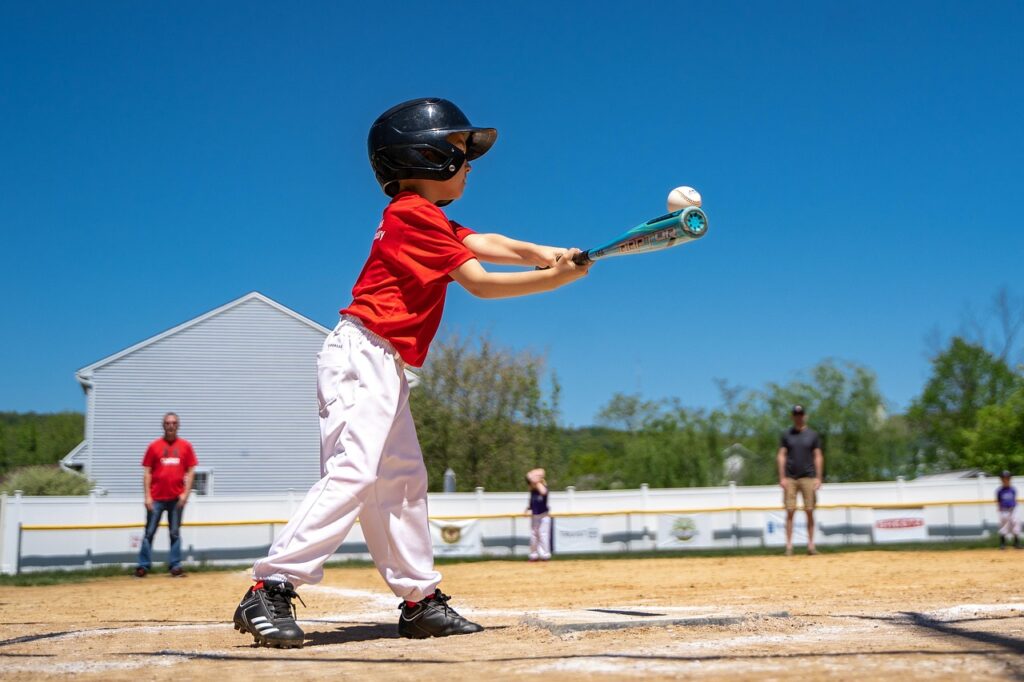Custom baseball bats wood offer players the chance to tailor their equipment to fit their exact preferences, improving both comfort and performance. By choosing the wood type, size, weight, and even personalized engravings, a player can craft a bat that feels uniquely suited to their swing and style.
The value of a custom wood baseball bat lies in its ability to combine personal specifications with high-quality materials like maple, birch, or ash to enhance gameplay. Many manufacturers provide options to customize balance and finish, ensuring that each bat is both functional and distinctive. This level of customization appeals to players at all levels who want gear that matches their needs precisely.
Beyond performance, custom bats also offer a personal connection through details like names, logos, or colors, making the bat more than just a tool but a reflection of the player’s identity. This combination of personalization and craftsmanship draws serious players and enthusiasts alike.
Custom Wood Baseball Bats
Custom wood baseball bats are crafted to meet specific player preferences for performance and aesthetics. Choices range from the material used to the bat’s dimensions and even personalized visual design, allowing players to create a bat suited to their style and needs.
Types of Wood Used
The most common woods for custom bats are maple, birch, and ash. Maple is dense and hard, offering durability and a solid feel. Birch combines the strength of maple with the flexibility of ash, providing a balanced option. Ash is lighter with good flex, favored by players who want a faster swing speed.
Some manufacturers also use specialty woods like hickory or black locust for unique weight and durability traits. The choice of wood affects weight distribution, pop, and longevity, making it a crucial decision for the player’s style and league requirements.
Personalization Options
Players can customize wood bats in numerous ways beyond just the wood choice. Common options include color finishes, laser engravings for names or logos, and paint designs ranging from simple to artistic.
Custom engraving typically includes player name, number, or team logo. Color options allow for a bat to match personal style or team colors. Some companies offer special finishes such as splatter or Chromashift, which change the bat’s appearance while maintaining performance.
Sizing and Weight Selection
Selecting the correct size and weight is vital for comfort and performance. Bat length usually ranges from 28 to 34 inches, adjusted based on player height and position.
Weight varies depending on wood type and player strength. Some profiles offer a balanced swing weight, while others are end-loaded to add power. Many custom bat makers allow a weight drop specification, the difference between length and weight, to tailor swing feel and control.
Popular Bat Profiles
Popular bat profiles are defined by taper, barrel size, and handle thickness. For example, the Pro Model features a standard taper and a moderate barrel size, favored by many professional players.
The P41 profile has a thicker handle for added durability and control. The Big Barrel design is designed for maximum hitting surface. Manufacturers often provide detailed profile charts, enabling players to compare dimensions and pick the ideal shape for their hitting style.
Choosing the Best Custom Bat
Selecting a custom wood baseball bat involves assessing its impact on hitting performance, the quality of craftsmanship, and ongoing care requirements. These factors collectively determine how well the bat suits a player’s style and longevity on the field.
Performance Benefits
The right custom bat optimizes balance, weight, and swing speed, tailored to the player’s preferences. Wood type influences these factors significantly—maple offers hardness and power, ash provides flexibility and a lighter feel, and birch strikes a balance between the two.
Players should consider barrel size and length, as these affect control and power. A heavier bat can generate more force but may reduce swing speed, while a lighter bat increases bat speed but provides less mass behind the hit.
Custom bats also allow adjustments to the handle shape and taper, enhancing grip and comfort. This precision tuning helps players maximize their swing mechanics and timing, crucial for consistent hitting results.
Craftsmanship and Quality
Quality custom bats are made from premium-grade wood with tight grain patterns, which improves durability and performance. Skilled craftsmen pay close attention to weight distribution, finish, and shaping to maintain the bat’s balance and aesthetic appeal.
Custom options extend to finishes—raw wood finish promotes natural feel, while sealed finishes protect against moisture and cracking. Select bats undergo stringent inspections to avoid imperfections that could weaken the bat during play.
Engraving and personalization features do not affect performance but add value through customization. The manufacturing process often involves multiple steps of shaping, sanding, and balancing to ensure the bat meets the exact player specifications.
Care and Maintenance
Proper maintenance extends the life and performance of custom wood bats. It is essential to avoid extreme temperature changes which can cause the wood to crack or warp.
Players should regularly inspect the bat for dents or splinters and store it in a dry environment away from direct sunlight. Cleaning the bat with a damp cloth and avoiding harsh chemicals preserves the finish and wood integrity.
Rotating the bat during use helps distribute impact stress evenly, reducing wear in specific areas. Using the bat only for its intended purpose, such as official games or practice with regulation balls, also prevents unnecessary damage.

